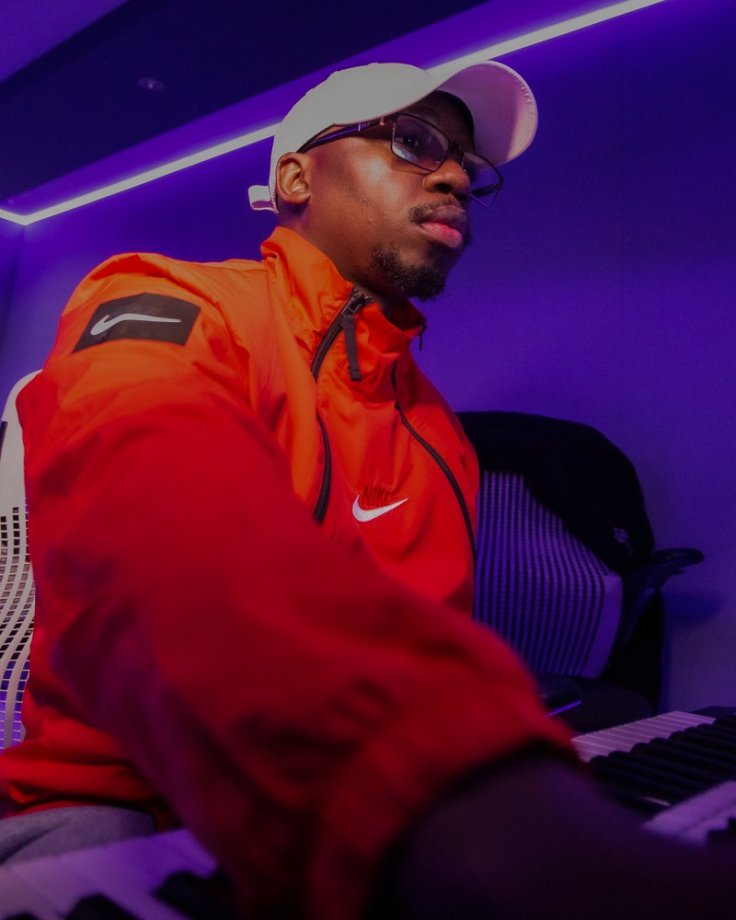
Kevin Gani is an internationally known musician, raised in various countries around the world, from Kansas City Missouri to South Africa, Moscow, Berlin, and is currently in London. He initially travelled to the United Kingdom to further his education, which led to him completing his master's level degree in Project Management. In the music industry, Gani has worked alongside major talents such as Bugzy Malone, Chip, and M Huncho, just to name a few, and has also previously undertaken the role of Executive Producer on Kenny Allstar's debut album entitled "Block Diaries"
"The Resurrection" is the album that everyone is talking about in the United Kingdom by renowned Artist and actor Bugzy Malone, and Gani had quite a lot to do with it. This well written, produced, and performed 15 track album will certainly go down as a UK rap classic, debuting on the Official Charts Top 10 as number 7. Gani co-produced 6 records on The Resurrection album, one of the singles featuring Chip, entitled "Notorious", a single that achieved number 30 in the official charts. In this day and age, it is quite rare to have 2-3 tracks in an album produced/co-produced by the same people, making it huge when a producer achieves 6. This is not the first time he has managed to do this, Gani is also previously known for being the executive producer of Kenny Allstar's debut album "Block Diaries" which was largely successful in the UK, having it signed to Columbia Records... Gani, currently found on Instagram and on Twitter, continues to inspire international music producers, showing how possible it is to make it in the music industry in a foreign country.
In 2021, a lot has changed, especially within the music industry. Given the multitudes of producers that have surfaced, it is quite challenging to stand out when everyone in that niche is doing the same thing, the same way, and expecting to be noticed... So how does one stand out? Gani says, "All music producers should really know a lot about a lot" The position doesn't end with making the beat "in some cases, the artists would want you to be involved from project inception to closure, selecting songs to record, making necessary changes and improvements to the arrangements of the songs, further helping bring out the spark in the artists when required, managing recording sessions, even engineering and mixing some of the final versions of the records and much more." Versatility, without a doubt, increases your overall value in the music industry, likewise, creating higher demand for your services and general creative involvement.
"YouTube is entirely free to use, and it is quite effortless to find tutorials on how to play instruments, how to become a mix engineer, simply understanding the absolute fundamentals of music theory is likewise, and such a great asset to have as an upcoming or established music producer. An immediate benefit to this is that you'd easily find the root key of a song/beat and instantly know what to set the auto tune parameters to, instead of hitting and missing constantly" Gani goes on to state that "you don't have to be an expert piano player or guitar player, you can just learn the basics, enough to add some original spice to your productions without constantly relying on splice"
For those that are not so versatile, is there anything they can be doing to improve their leverage in the music business? "Undoubtedly, involvement with the "music- business" is also crucial, being business savvy, not depending on what your management team is telling you about certain processes, but developing an understanding of the complex details in various processes while being able to understand and dissect your own contracts... " Quite often, a record producer would be in a position that necessitates the understanding of tight schedules, producer/songwriter contracts, how to negotiate the right way, copyrights when samples are used in a record, invoices, publishing splits, royalty splits, and licensing agreements". Recognizing the importance of the business side of music production is essential for eventually running your own studio and moreover, being able to recognise risks and opportunities to act on during your career. "This is definitely a big part of what your dictate the longevity of your career and leverage in the music industry"


